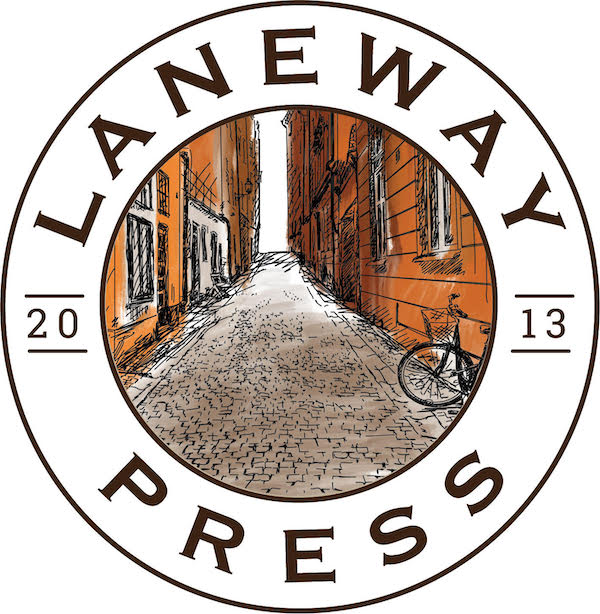Common writing mistakes (that every writer makes)
From beginners tackling their first story to the most seasoned authors, writers are constantly making mistakes, and if you’re new it can be hard to figure out what you’re doing wrong. It’s important not to let these common errors discourage you, so to help you along, here’s a list of common writing mistakes to watch out for:
1. Not writing
Specifically, not writing because you’re scared of writing badly. As mentioned in Liz’s blog post on overcoming writer’s block, perfectionism is the enemy of productivity!
2. Trying to be original
This is one of the most common writing mistakes, and is also one that can cause all sorts of stress. Originality and creativity are not always the same thing, and trying to be ‘original’ can often block a writer’s creativity and leave them feeling like a failure for not inventing an entirely new concept or style of writing. A great article that explores this idea is Julianne Chung’s ‘To be creative, Chinese philosophy teaches us to abandon “originality”’ which you can read here.
3. Trying too hard to sound clever
In the same vein as trying to be original, sometimes trying too hard to be clever can achieve the opposite result. As tempting as it may be, don’t overuse your thesaurus. Sometimes a simple ‘said’ is more effective than a ‘declared’ or ‘vocalised’, and sometimes the most poignant lines are the ones that are within reach.
4. Too many themes/tropes
Sometimes more is just more. Adding new characters, themes or tropes can clutter your work and make it confusing and difficult to follow. This can be especially common with fantasy writers who get excited about worldbuilding and add too much to their story when it doesn’t fit. Cutting scenes and narrative threads may be an emotional process, but it is a necessary one.
5. Grammar, grammar, grammar!
Grammar rules can be complicated and many writers struggle to work out whether they need a semicolon or a comma, or forget whether they’ve used an em dash or an en dash. If you find yourself wondering whether you need to use parentheses (or if commas are perfectly fine, thank you very much) there are plenty of online resources to help you, or it may be worth investing in a style guide. Don’t stress too much, though. If every manuscript had perfect grammar and was 100% consistent, editors would be out of a job!
6. Point of view
Sometimes you settle on first person point of view, then halfway through a sentence in chapter 14 you’re writing in third. Consistency is extremely important in any book, but when you’re 20,000 words into writing your novel sometimes you forget the rules you put in place earlier on. But hey, that’s what editing is for.
7. Talking heads
No, not the band. Talking heads happen when you forget to describe the rest of your character’s body and the physical space around them in scenes with heavy dialogue. Think about how you communicate with people, and how you are aware of the world around you when you do. If it’s cold, your teeth might be chattering or you might be fidgeting to stay warm. You might get distracted by something in the corner of your eye or a horn blaring in the distance. You might be noticing little details about the person you’re talking to. Keep your characters anchored to the world by inserting descriptions where you can to avoid the sensation of two or more floating consciousnesses talking at each other.
8. Dialogue
Dialogue can be tricky, especially if you’re still learning who your characters are and how they would say things. Finding the balance between what needs to be said to move the scene and plot forward, and how your character would speak and respond in the circumstances is important. Good dialogue starts with writing bad dialogue, and, as always, going back and editing it later. Get the heart of the conversation down first, and make it sound natural later.
9. Exposition
Yeah, yeah, ‘show don’t tell’, we’ve all heard it. But too much exposition continues to be one of the most common writing mistakes, especially in a first draft. Passive language seems easier for most writers to work with in a first draft than active language that paints the scene. This is not necessarily a bad thing, as it can be useful to outline what you want to be showing in the scene, but remember to go back and edit so that the words don’t fall flat on the page!
10. Not sharing your work
Being too scared to share your work can prevent you from developing your skills, and getting used to other people reading your work is an important step toward being published someday. Any feedback is good feedback! Even if it’s just a trusted friend saying what they like about your writing, and what parts didn’t work for them. Getting yourself used to people reading your writing and having an opinion on it will help you grow.

